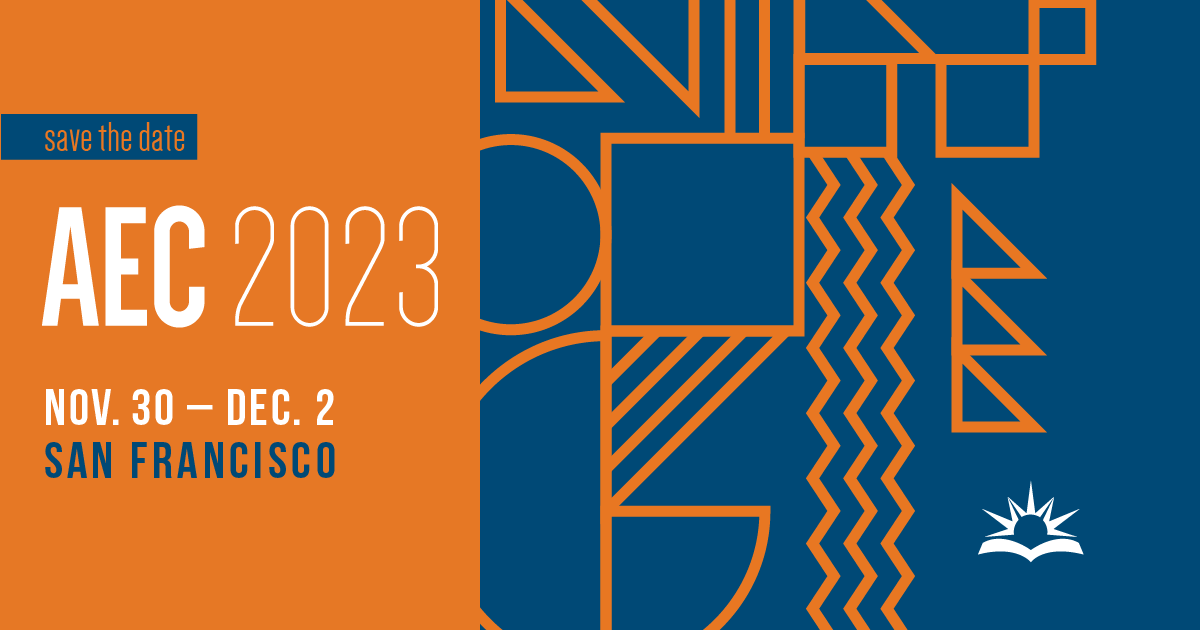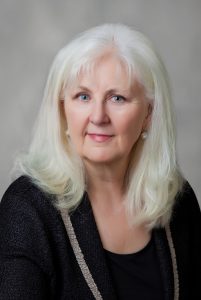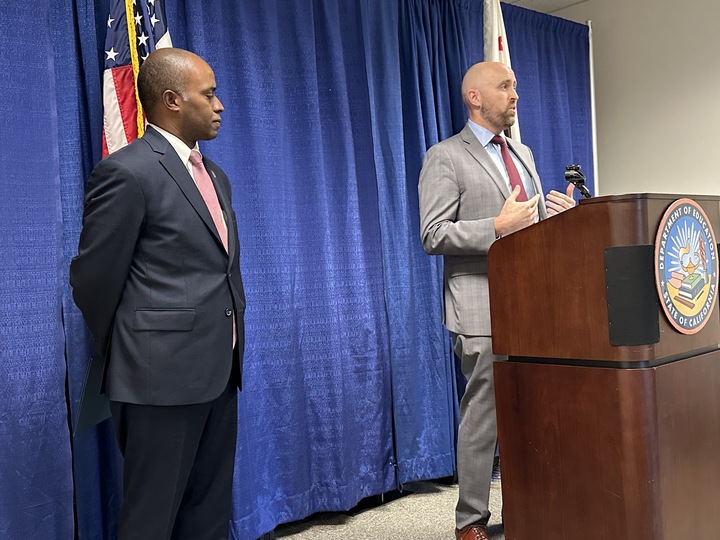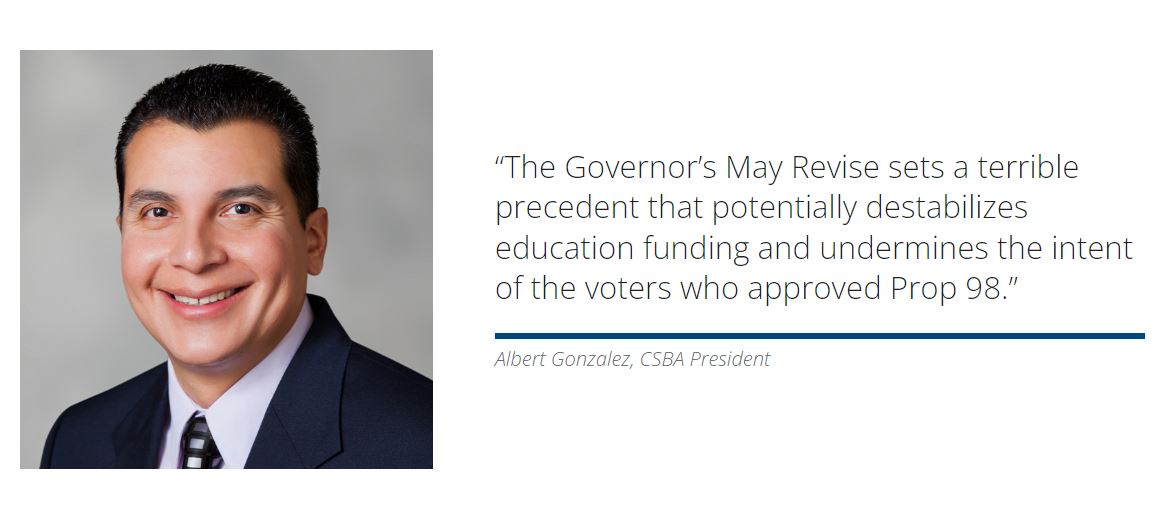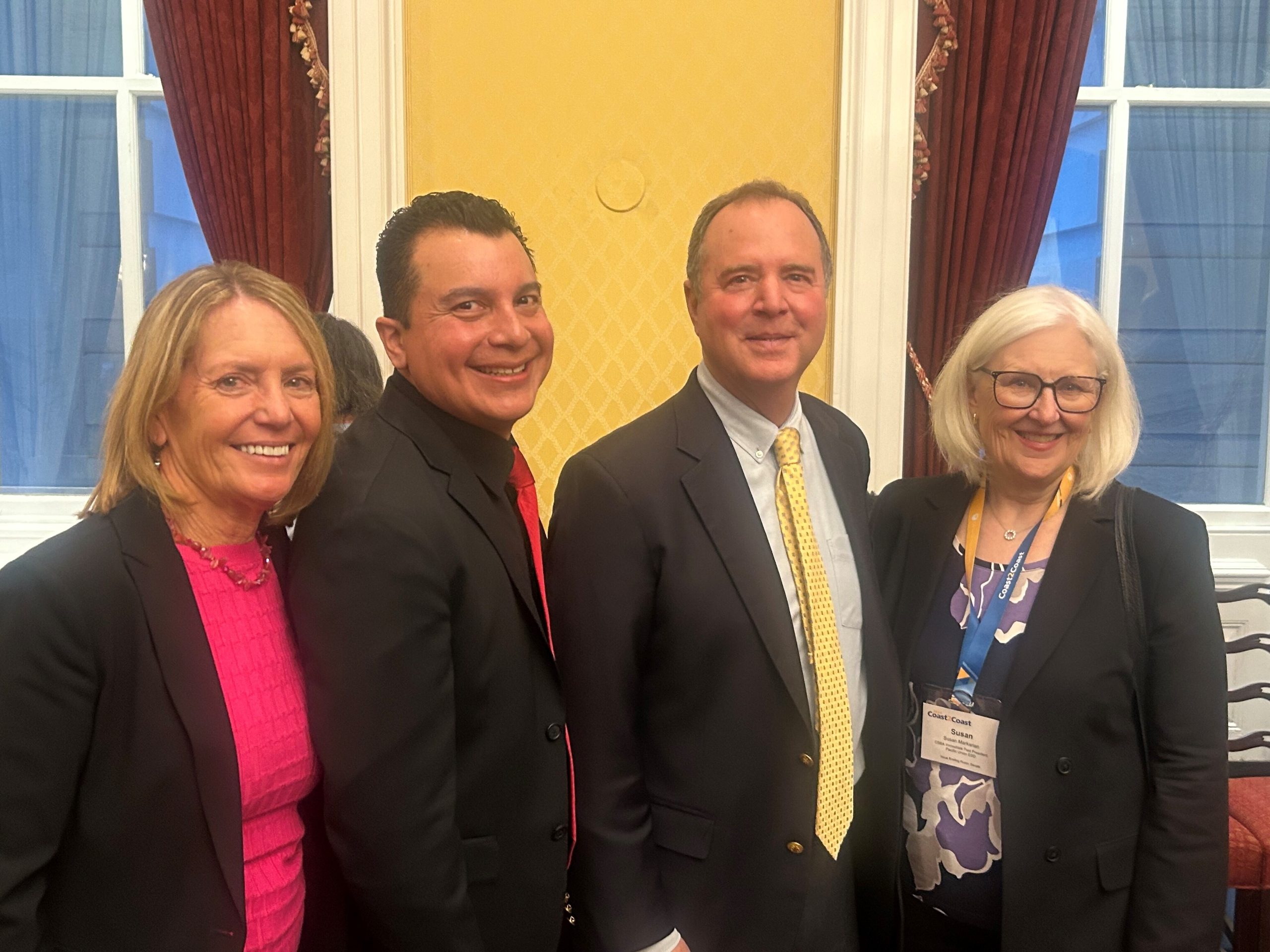By CSBA President Susan Markarian
When I first became a board member 39 years ago, I was encouraged to attend CSBA’s Annual Education Conference and Trade Show by my board president, Del Cederquist. My first conference was like drinking from a fire hose — a bit overwhelming, but sorely needed, and it only increased my thirst to learn as much as I could about the new role to which I had just been elected. CSBA gave me the outlet to learn what I needed to do the job properly. To this day, it remains a very valuable resource for me.
The more I got involved with CSBA, the more I grew as a board member and as a leader. I completed the Masters in Boardsmanship program — the precursor to Masters in Governance® — and still completed MIG when that became available. In addition to the direct learning from CSBA governance consultants, I found that the networking with other board members these opportunities provided is just as important.
At AEC, you get the best of both worlds. There is an amazing array of workshop sessions relating to the conference strands, which, this year, include equitable access for all; governance strategy and practice; mental health, wellness and student safety; student and community engagement; and the promise and perils of technology. And there is plenty of time to mingle and learn from one another.
Here are just some of the reasons I think you should make attending AEC a priority:
- Your students are counting on you. Get information, share insights, find solutions and ways to raise student achievement levels at more than 100 highly focused sessions this year.
- Stay up to date on the latest education issues and trends. Whether your local educational agency is facing issues related to budget and finance, student achievement, governance, school safety, Common Core, community engagement, communication or collaboration, AEC focuses on key areas to guide governance teams through tough fiscal and political times.
- Partner with education experts. Walk the Trade Show Floor to find out how CSBA business partners can help you effectively manage and lead your schools with the various product and service solutions they offer.
- General Session speakers offer insight and inspiration. The 2023 AEC will feature experts in intergenerational relationships Mark C. Perna; leading ed tech innovator Sal Kahn in conversation with CSBA CEO & Executive Director Vernon M. Billy; and Harvard Graduate School professor Shawn Ginwright, whose groundbreaking work on trauma, healing and the empowerment of African American youth has been instrumental in reshaping the conversation around youth development.
- A conference tailored to governance team needs. AEC is one of the only leadership development opportunities in California that focuses on the governance perspective.
Coming together from the different corners of our state is especially important at the current moment. The best way to bridge divides is through conversation and listening — and keeping increased student achievement and wellness the ultimate goal in everything that we do. Chances are, you will find people to connect with in workshops and elsewhere that are addressing the same issues happening in your LEA. Take this time to exchange ideas and talk about what has worked or not in the past.
These relationships don’t just remain at conference either. I know I have made many connections I can reach out to years later as a sounding board or for advice. And that goes both ways. I have learned so much from the people I have gotten to know and work with that I am now in a position to be able to help other board members. I get a lot of phone calls from new board members that are struggling with their role on the board, and it’s been very rewarding to have the knowledge to be able to help them.
For some reading this, I know I am preaching to the choir. However, to the many new trustees that have attended only one conference — or even those who have yet to attend — I urge you to consider making attendance at AEC a regular part of your commitment to your community. The knowledge gained will only aid in your work at the local level. We hope that our students will continue to be lifelong learners after they’ve graduated from our classrooms, and this is one opportunity we have to model that behavior to the benefit of our schools.


